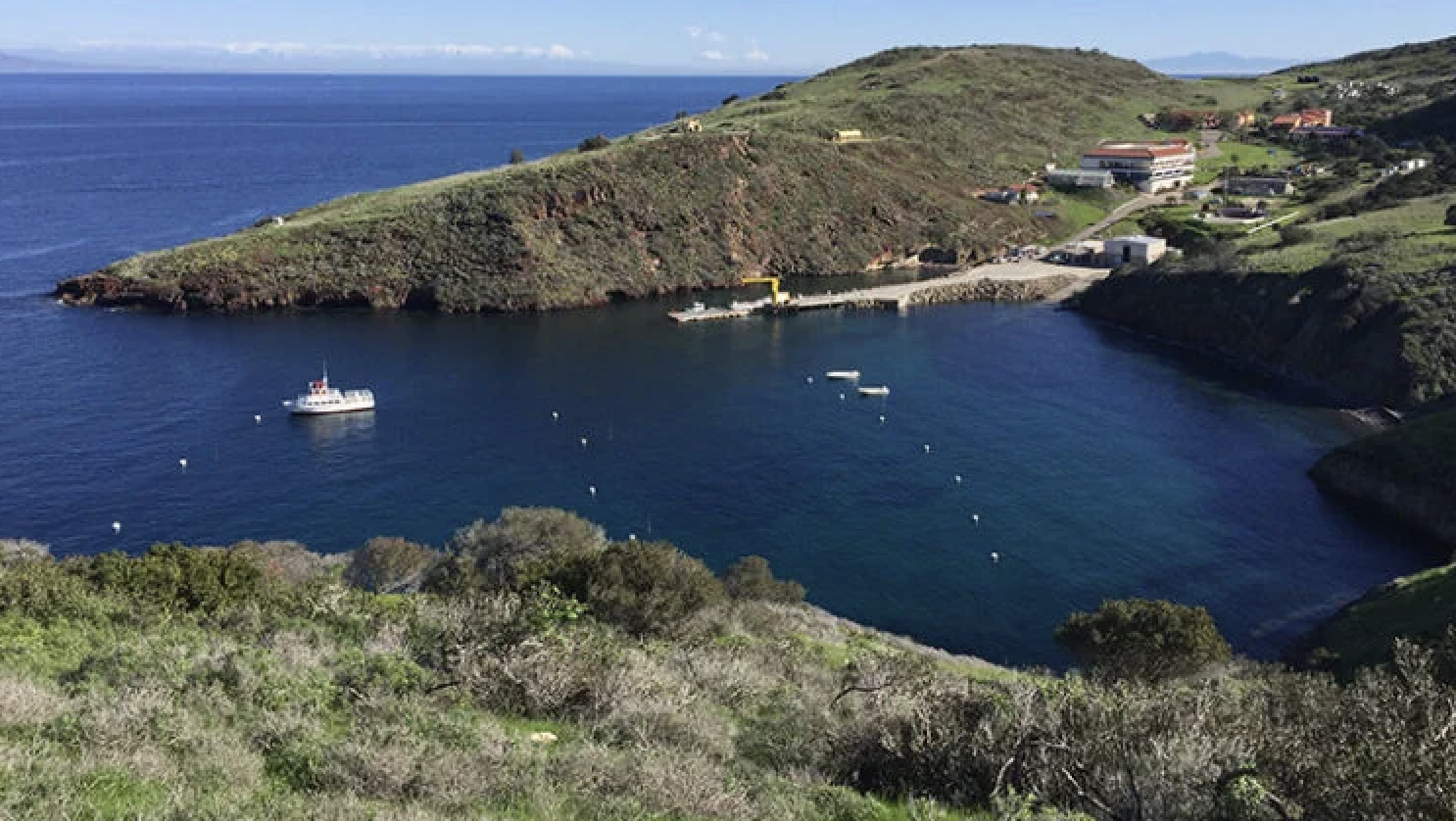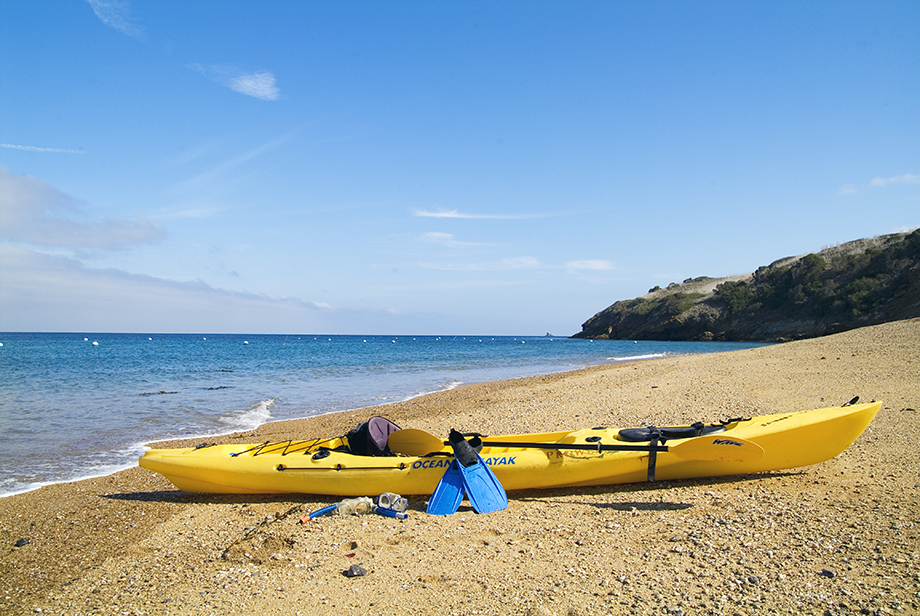Sign ups are first come first serve! Links will open at 9PM sharp on Sunday.
Come KAYAKING and (maybe) SNORKELING on the beautiful Catalina Island with Professor David Hutchins! We’ll be going on a guided kayak tour at the Wrigley Institute, with possible opportunity for snorkeling in the nearby bay. Then, we’ll eat lunch and walk through the Wrigley Marine Institute on the island.
We’ll be taking the USC boat over, so it’ll be less expensive than the other ferries to Catalina!
PSA: We will be riding in a boat for around 1.5 hours there and 1.5 hours back. We do not recommend you come on this trip if you have motion sickness/ sea sickness, or bring motion sickness medicine. Swimming experience is recommended but not required for the kayaking portion.
“We have kayaks, paddles, and personal flotation devices (PFDs) for you to use while you kayak (PFDs are required). Prepare to get wet. You must wear shoes with heel straps and gripping soles. Old tennis shoes, Keen or Chaco sandals are good choices. The WMSC also has water shoes that you can borrow. Flip-flop style shoes without a heel strap are not allowed. We recommend that you also wear a hat and sunscreen for sun protection. There is a place at the waterfront to store your belongings while you kayak.”
PACKING LIST:
attire for 60 degrees low, 65 degrees high
hiking shoes/running shoes/athletic sneakers
water
Any medications you need (esp for motion sickness)
snacks for the boat ride
PROFESSOR: David Hutchins
DEPARTMENT: Biological Sciences
Professor David Hutchin’s research interests concern marine phytoplankton biology and nutrient and carbon cycling. His recent and current projects include extensive investigations into the role of iron and other trace metals as biologically limiting nutrients in the ocean, and factors that affect the establishment of destructive blooms of harmful and toxic algae. New projects in regions like the Bering Sea, the North Atlantic, and the seas around Antarctica are examining the impacts of anthropogenic global change (e.g. rising CO2, acidity and temperature) on the structure and diversity of phytoplankton communities, and on the ocean nutrient cycling pathways and food webs that they support. Another ongoing project is examining the implications of increasing atmospheric CO2 for nitrogen-fixing organisms in the tropical and subtropical oceans. This new work is at the forefront of increasingly urgent efforts among the international oceanography community to understand the consequences of human fossil fuel emissions for ocean biology and chemistry, and in turn predict the potential feedbacks from these changing ocean processes to atmospheric CO2 and global climate.
PEAK: DEER VALLEY TRAIL
DIFFICULTY: 1/5
SCENERY: CACTI and OCEAN
TRIP LEAD: SOFIA
can’t wait to get in the ocean
Contact Sofia: skromano@usc.edu (hyperlinked)
Read Sofia’s bio here. (hyperlinked!)





